At last we got the much-awaited iPhone 13 range, the somewhat unexpected iPad mini 6, and very nearly the Apple Watch Series 7. And Apple got more legal and more staff woes.
If you were counting, it was now officially sixteen billion years since Apple launched anything that wasn't an Apple TV+ show, or a failed CSAM feature. But as August 2021 moved on into September 2021, that all changed as Apple unveiled its "California Streaming" event.
You wait ages for a new product and then seven of them come at once.
Within the space of 78 minutes, we got four new phones in the iPhone 13 range, plus two new iPads. We also got the promise of a new Apple Watch though, unusually, not a release date. Not then, not in September.
Facing up to the new Watch
Reactions to the Apple Watch Series 7 were mostly positive, but there was also a distinct timeline of opinions. Before the launch, everybody knew that this Watch would be redesigned with iPhone 12-style flat edges.
Then after the launch, everybody was relieved it hadn't been because those flat-edged leaked renders looked so ugly. Some leakers shuffled their feet and claimed that they'd never said the horrible design was for the Series 7, it was definitely for the Series 8.
That could be a more compelling sales pitch for the Series 7 than Apple's.
For while the Apple Watch Series 7 has some clear improvements over the Apple Watch Series 6 it replaces, they're not exactly enormous. Even with a bigger screen, this doesn't feel the same as when the Apple Watch Series 4 reinvigorated the device.
You could make a case that Apple didn't announce anything that was an enormous revolution this time. But whatever you make of any one device you're considering upgrading, there were enough small improvements to make them tempting.
And there were two wow moments. One was Cinematic Mode on the iPhone, and one was the new iPad mini 6.
Instantly popular, instantly not
Cinematic Mode is the kind of thing only Apple would think of doing, and then it is the kind of thing that perhaps only Apple could make. The entire craft of pull focus cinematography reduced to an automated Machine Learning feature in iOS.
Or rather, not.
We've been here before with iPhone video technology. The stand-out reason to buy the iPhone 11 Pro was the feature the makers of Filmic Pro came out on stage to demonstrate at the phone's launch in 2019.
It was the feature where you could film on two of the iPhone's cameras at once. Shoot front and rear, so you could capture an interviewer and an interviewee, for instance.
Except you will never do it. And Filmic Pro never incorporated that feature into its app.
Instead, it launched a separate one called Double Take that did it, and it's because this feature is a toy. It only records two cameras in 1080p HD, so if you're filming everything else in 4K, it is worthless.
Flash forward from that 2019 iPhone 11 Pro launch to the 2021 reveal of the iPhone 13 Pro and its amazing Cinematic Mode.
It only works in 1080p HD.
Things were somewhat better with the iPad mini 6, in that its wow moment at the launch has only slightly been dented by the reports of "jelly scroll" display issues.
It also has only the slower 5G, not the mmWave version — but then no one expected 5G at all. Even with many rumors and predictions that there would be an iPad mini 6, the complete package was the biggest reveal of the whole month.
Back in the day, the original iPad mini was the iPad you got when you couldn't afford an iPad. Now it's the device you might well aspire to — more expensive than a regular iPad, but more powerful, and in a great size.
Launch delays
This year's September launches had the advantage of actually being in September. Unlike 2020 when the coronavirus pushed everything back, it seemed like nothing could stop Apple from getting us our new iPhones.
It nearly wasn't that way, though. There is a global chip shortage that is affecting everyone — Apple is doing remarkably well, especially with sourcing components for the iPhone, but in September, its MacBook Pro was thought to be delayed by it.
And even if there hadn't been a shortage, even if there weren't continued COVID spikes in Vietnam, there was also this.
On September 3, China's ZhiZen Network Technology asked the country's courts to block the assembly and export of the iPhone 13, and just about all iPhones ever.
It was to do with Siri, which the company claims infringes on its patents. Unlike a great many, possibly most, companies filing patent suits, ZhiZen actually makes things, it doesn't just buy patents to troll for money with.
So that case might run on a bit longer than some others.
Speaking of legal cases
It was quite confusing for a moment when Judge Yvonne Gonzalez Rogers gave her verdict in the Epic versus Apple case. Naturally, Apple claimed it had won, but initially, it seemed like Epic was saying it had won — and that it was going to appeal anyway.
Neither side got off without a scraped knee, but Epic definitely got the worst of it. And it is going to appeal, which if you've ever followed any Apple legal case — or just any legal case — means this thing is going to drag on for years.
Even so, Epic rather expected to get on with things a bit sooner than that. It asked Apple to reinstate its developer account so that it could release its "Fortnite" game in South Korea.
South Korea would be the country that just told Apple it has to allow alternative payment methods, which is exactly what Epic wants and is exactly why it started this whole spat. With South Korea allowing users to pay Epic all their money instead of splitting some with Apple, Epic Games expected to get back on the App Store there.
There is actually a condition in the South Korea ruling that says Apple cannot discriminate against companies that intend to use alternative payment methods.
Nonetheless, South Korea's ruling isn't in effect yet, and Apple says even when it is, there's no obligation to approve a new developer account or reinstate a terminated one.
Trouble at home
Apple is not having an easy time of it in South Korea, or in half a dozen other countries around the world. It's not even having a very easy time of it in the US.
But maybe the biggest change in September 2021 was that it became so very apparent that Apple is having trouble right there in Apple Park.
In September, the organizers of the #AppleToo movement publicly asked Tim Cook to take action over the harassment and discrimination within Apple.
"At Apple, we are called upon to do the right thing, and that must extend to how we treat employees," said their letter. "We are reaching out because Apple must fulfill its promise of inclusion, diversity, and equity. We demand an environment where everyone feels safe and welcome and has the promise of equal opportunity and treatment."
Apple does have something in the order of 150,000 employees worldwide, and as much as you would hope not, there are going to be incidents with that many people. But in its first four days, #AppleToo received reports of almost 500 instances of workplace discrimination.
Given the size of the workforce, even that is statistically small yet any one instance is abhorrent - and you know there's more. You know that there are people in Apple who are afraid for their jobs if they speak out. Ashely Gjovik was officially fired for allegedly leaking confidential information, but it followed her detailing a whole range of disturbing allegations.
Still, if all of this is disturbing and abhorrent, and at times feels like a ceaseless tide, there is some good. Apple staff were speaking out more in September 2021 than they have done since the company was formed in 1976.
Things can only get better if they are discussed. Hopefully Cook thinks that too, and he did hold an all-hands Apple meeting on September 17 to discuss it.
You'd forgive him a little chagrin, though, as an email he then wrote bemoaning how Apple information is leaked, was itself immediately leaked.
Staff movement
Where some of the staff have formed a movement, others moved in September, and some of those moves were significant. If you happened to wonder why the Apple Watch Series 7 was unveiled by Jeff Williams, Chief Operating Officer, and Lauren Braun, Product Manager, Apple Watch, rather than Kevin Lynch as usual, there could be a reason for that.
Lynch is believed to have been moved from the Watch team to the "Apple Car" project. This is the Apple project that Apple never admits to, it just spends an extraordinary amount of money testing cars, filing regulatory documents, applying for patents — and hiring car experts.
Apple hired ex-Mercedes engineers for some project, could be anything. And Ford poached Doug Field, who coincidentally happens to know a bit about cars.
Into this sliding door roundtable industry movement came Jony Ive. His LoveFrom company now counts Ferrari among its clients.
"The first expression of this new partnership will bring together Ferrari's legendary performance and excellence with LoveFrom's unrivaled experience and creativity that has defined extraordinary world changing products," said a statement from Ferrari's holding company Exor.
Ferrari, Exor, Ive, and Ive's business partner Marc Newson, all seemed to tiptoe around the fact that the deal is between a design company and a car one. Perhaps LoveFrom will work very hard on redesigning Ferrari's website.
There's more to driving than cars
That said, there really is plenty to design around cars that don't involve engines. This month, Apple announced that Arizona and Georgia are to support Apple Wallet for both state ID and drivers' licenses.
Six more states were said to be following, and ultimately you know that the rest of the Union will follow. Eventually.
"The addition of driver's licenses and state IDs to Apple Wallet is an important step in our vision of replacing the physical wallet with a secure and easy-to-use mobile wallet," said Jennifer Bailey, Apple's vice president of Apple Pay and Apple Wallet.
At the same time, Apple announced that the Transportation Security Administration (TSA) is enabling Apple Wallet support at security checkpoints in as-yet-undisclosed airports.
Looking just a little beyond September 2021, then, it seems likely that someday you'll get to wind down the window of your "Apple Car," show your drivers' license on your iPhone. And try to claim that it was Siri that was driving too fast.
You're innocent, you'll say. You were just watching an old series of that classic award-winning hit, "Ted Lasso."
If nothing else, that passed the time in October 2021 as you waited and waited and waited for your new Apple Watch Series 7.
 William Gallagher
William Gallagher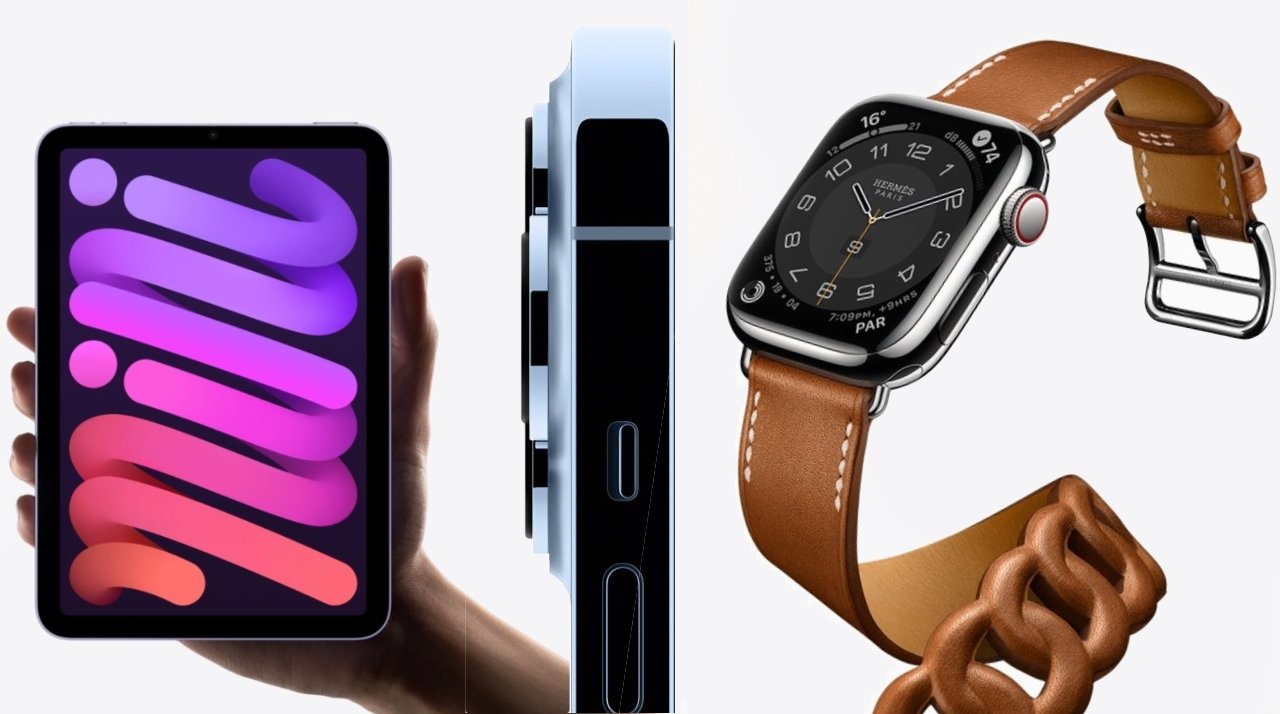
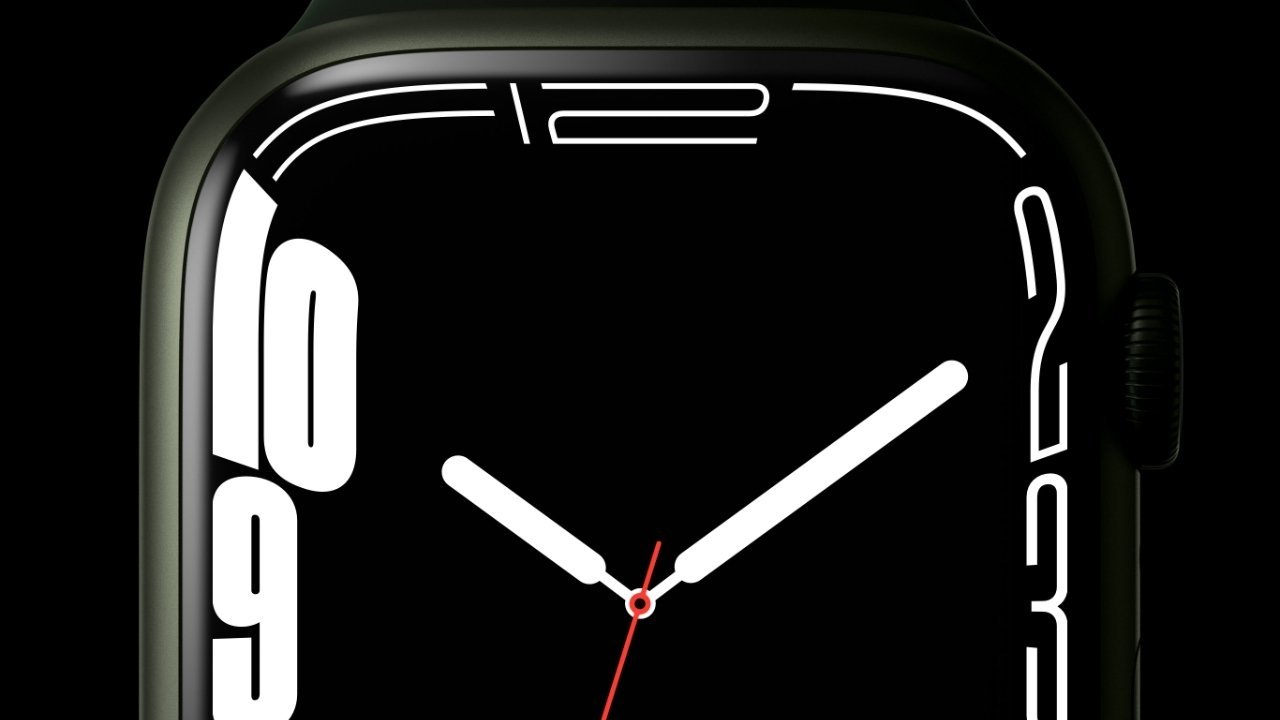
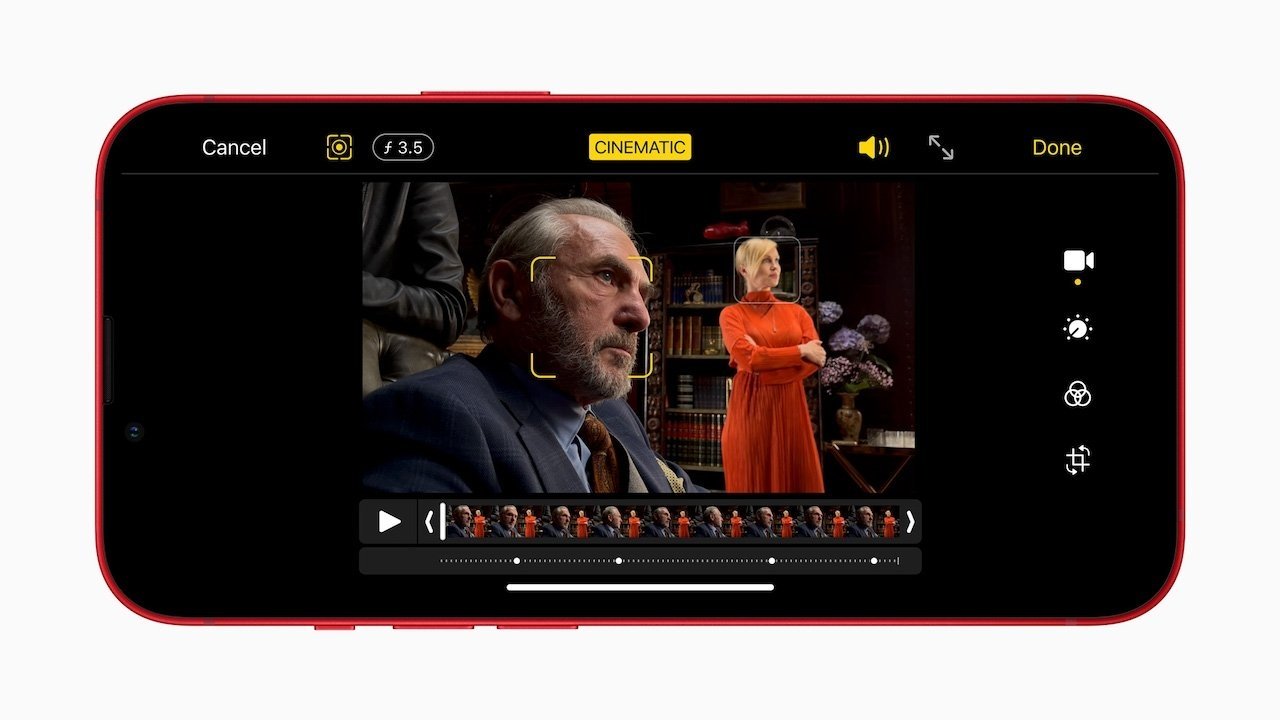
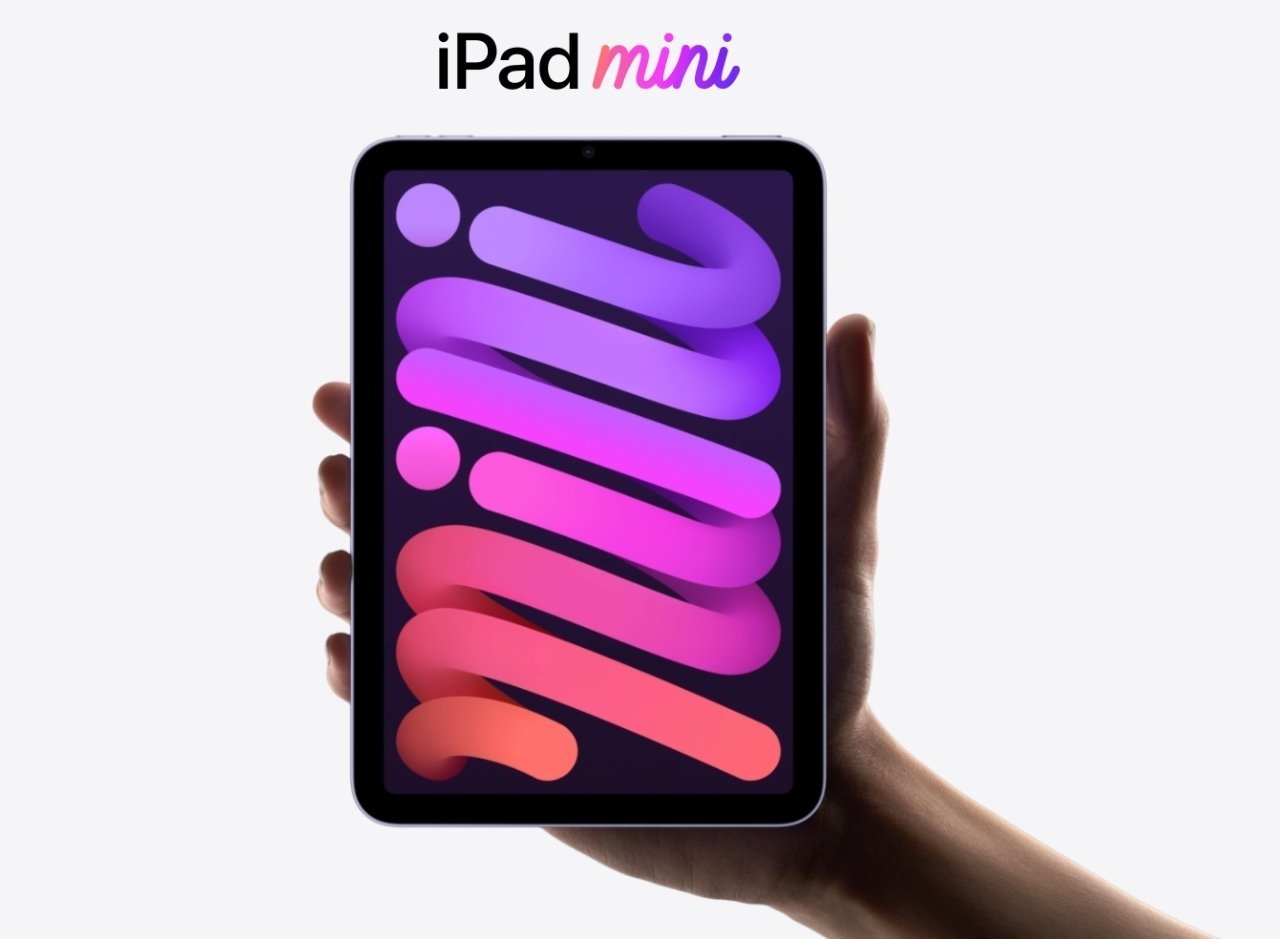
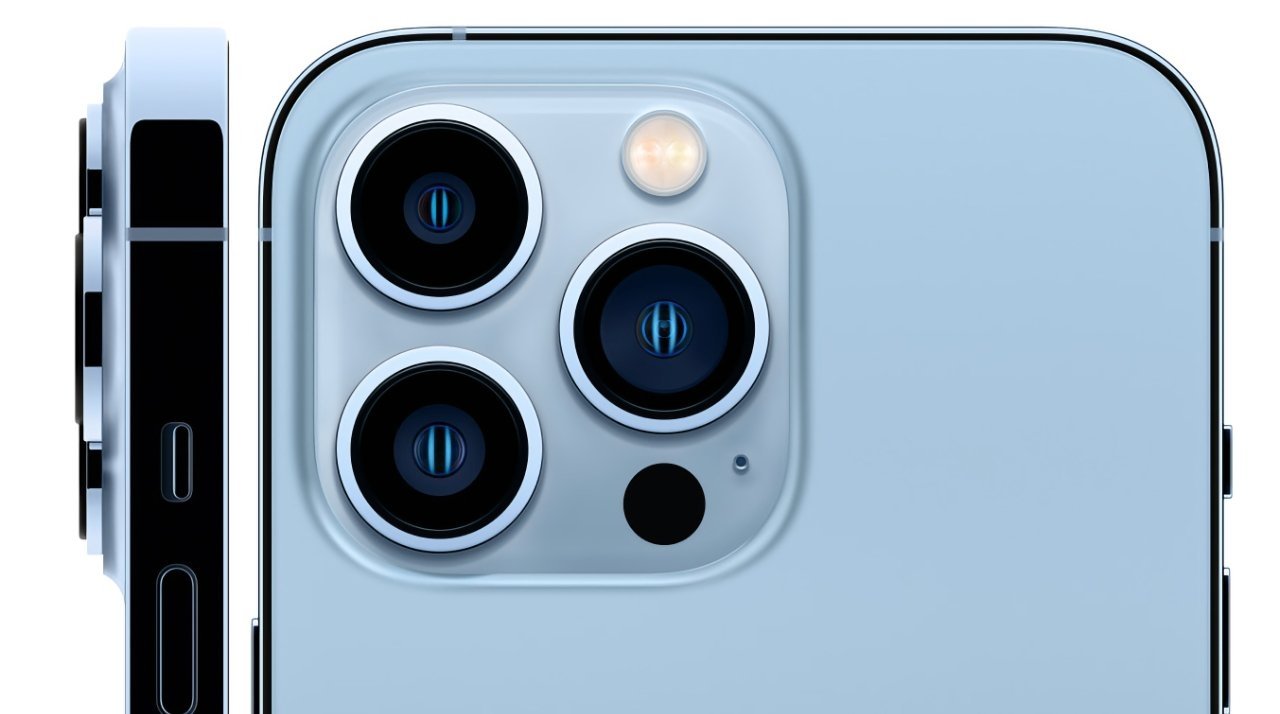
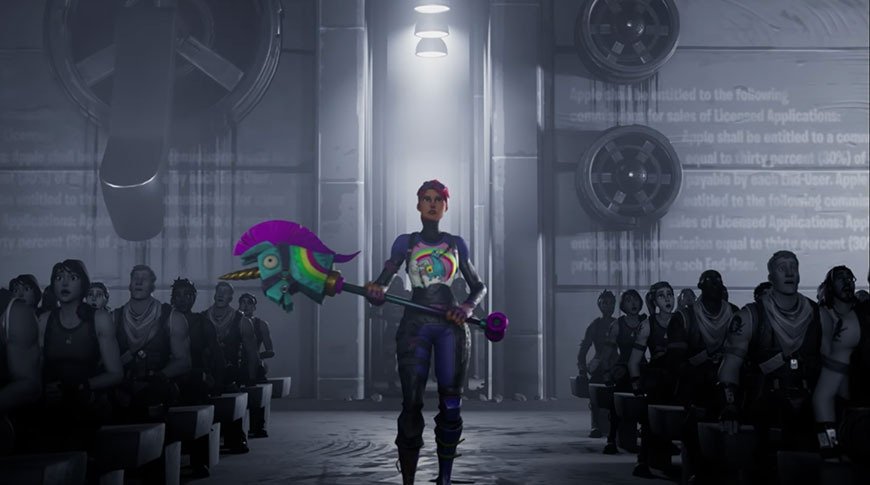
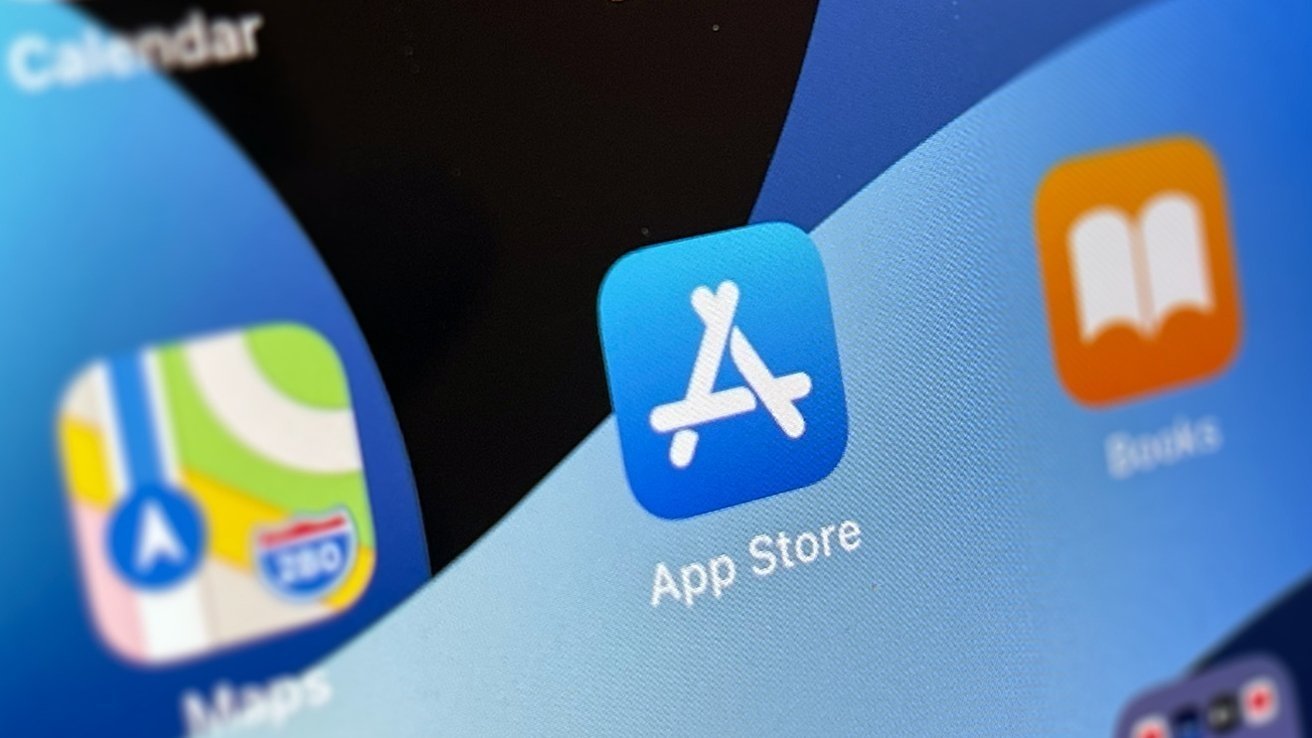
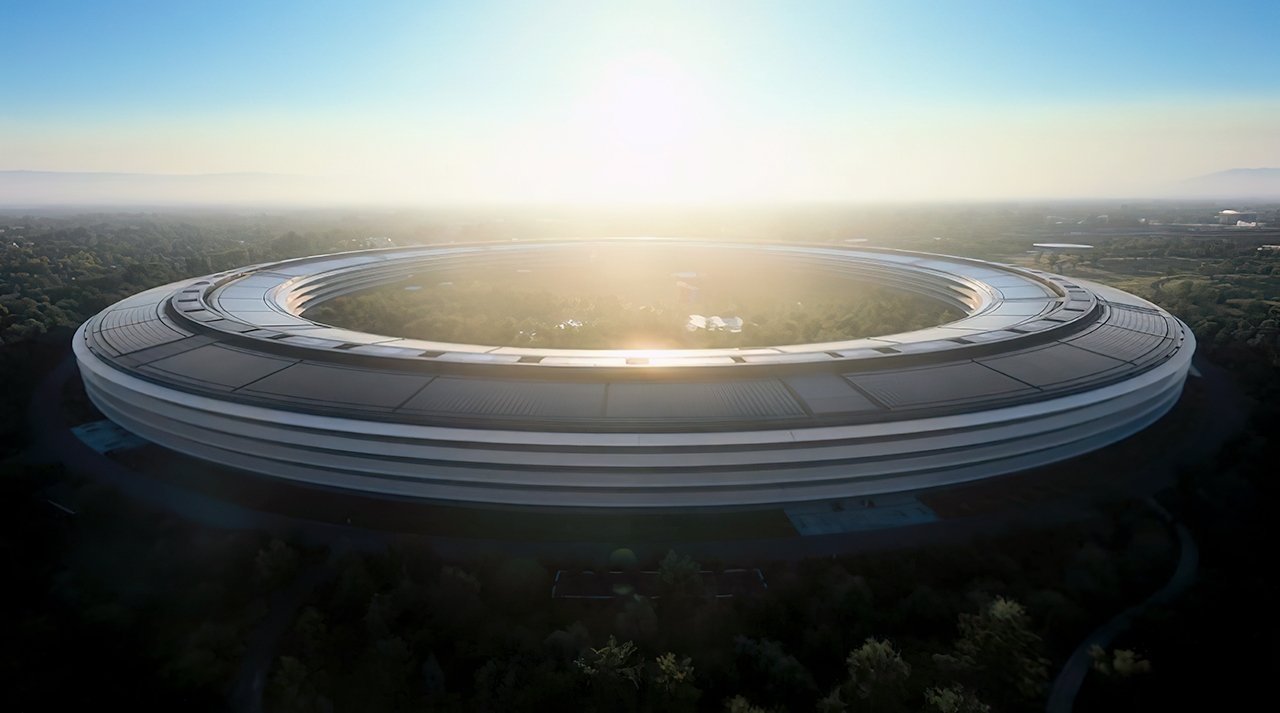
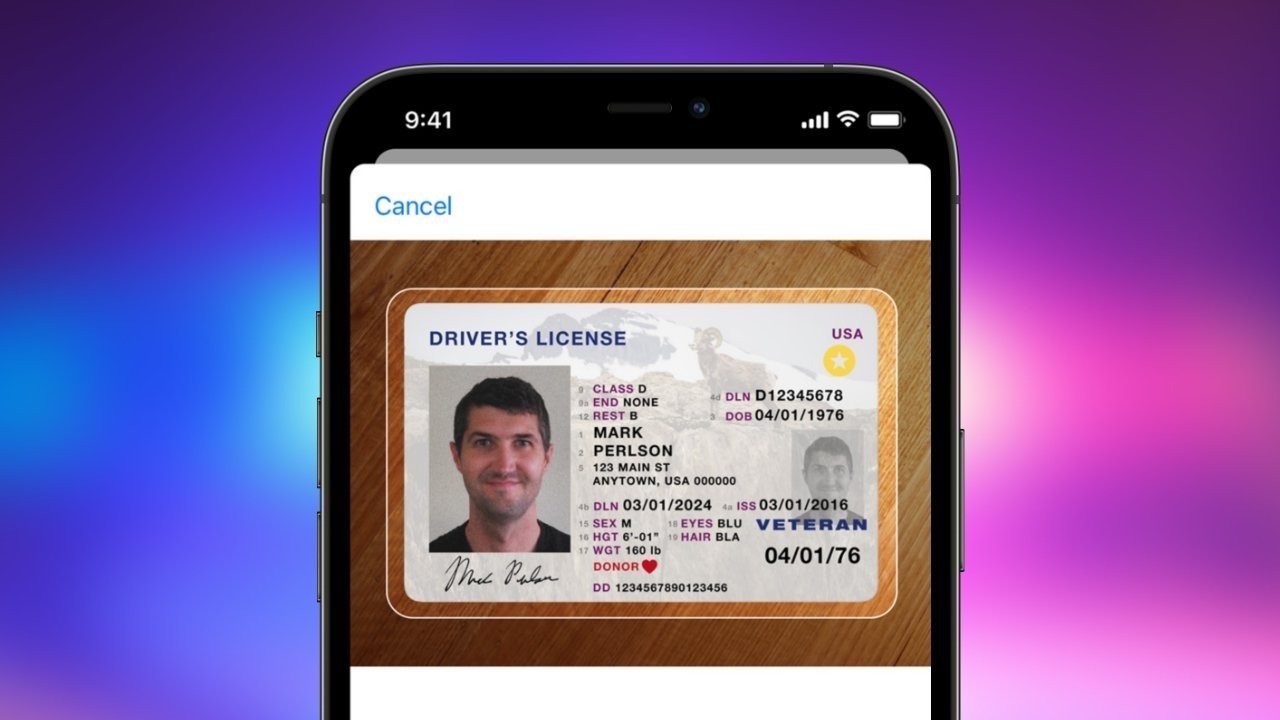








 Brian Patterson
Brian Patterson
 Charles Martin
Charles Martin


 Malcolm Owen
Malcolm Owen

 Christine McKee
Christine McKee
 Marko Zivkovic
Marko Zivkovic









1 Comment
No criticism of the author of this fine article intended — but on Judge Rogers's decision, and "Epic definitely got the worst of it", I feel the need to comment: The only thing bad that this decision did to Epic is that they don't get to ruin Apple's most successful platform ever, and now they look kind-of stupid for trying. Other than that, what happened to Epic? They can drop their appeal and put Fortnite back on iOS any time, with only the same 30% markup as they bear on multiple other platforms where Fortnite is still active. Apple never asked the judge to force Epic to let all third-party games into its Epic store for free, or to force Epic to let its iOS players buy in-game credits from Apple, with 0% of that money going to Epic. All Apple ever asked for was: We set our policies, Epic sets theirs, and where there's common ground, business can occur.